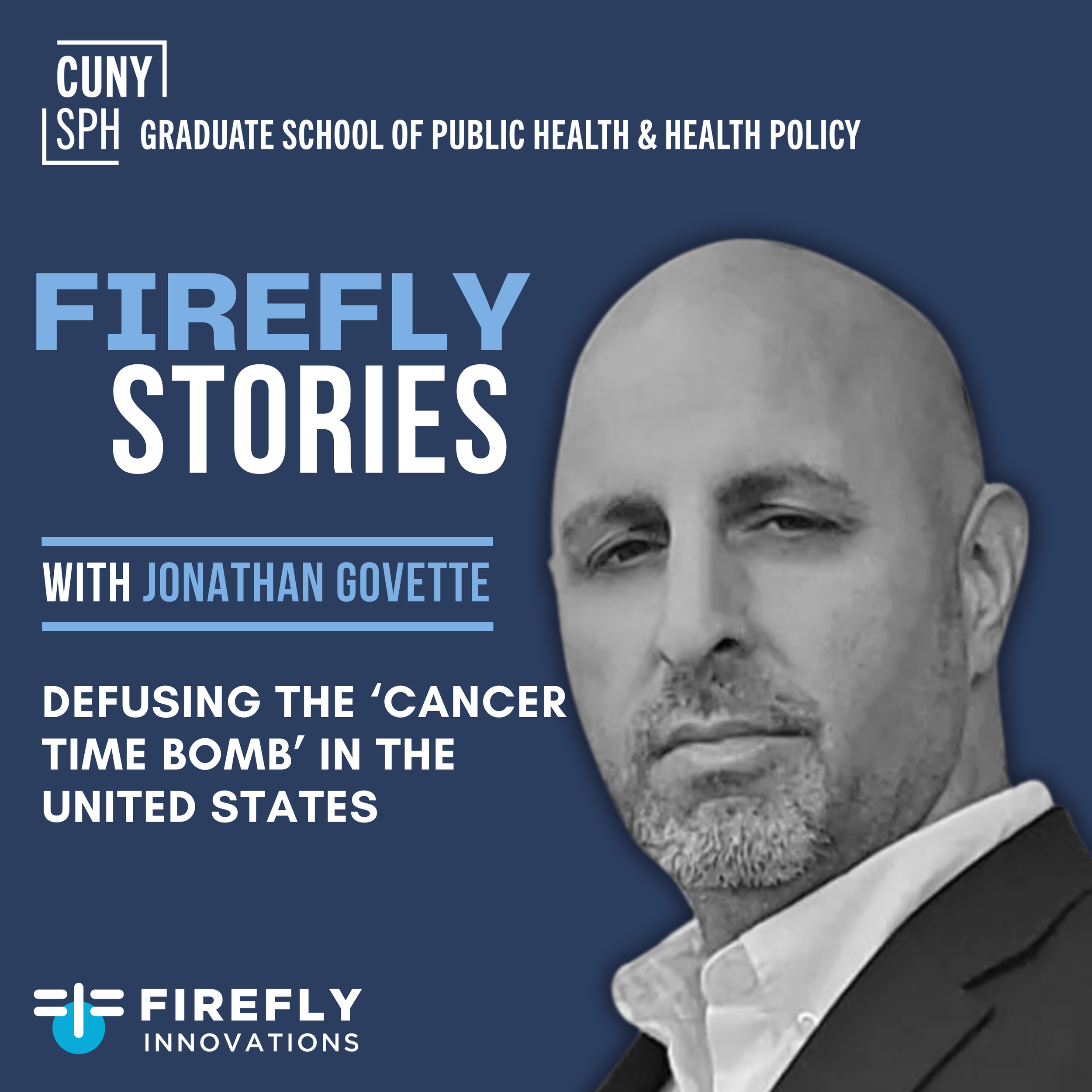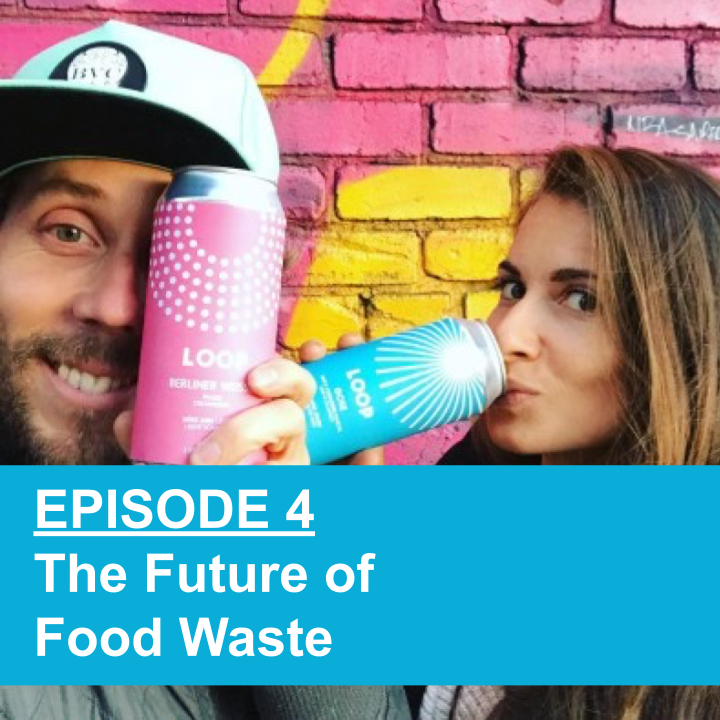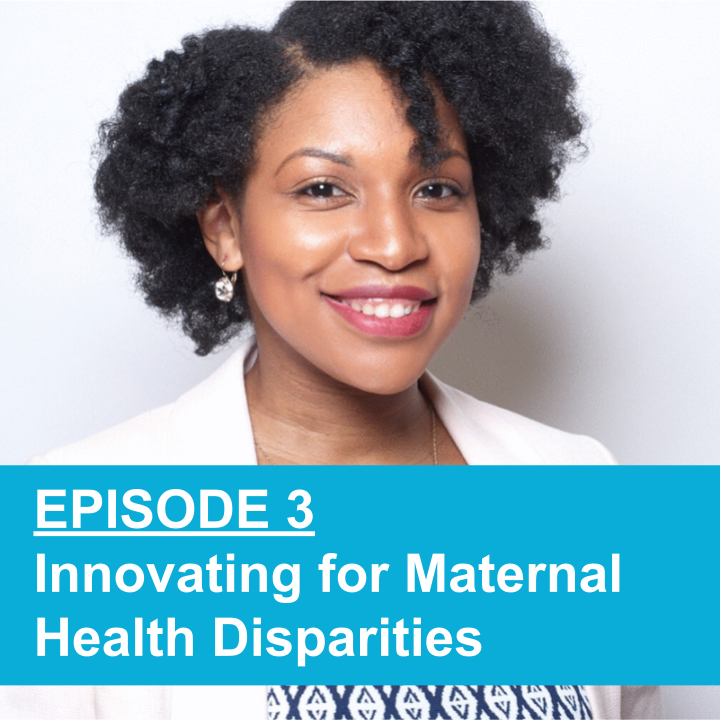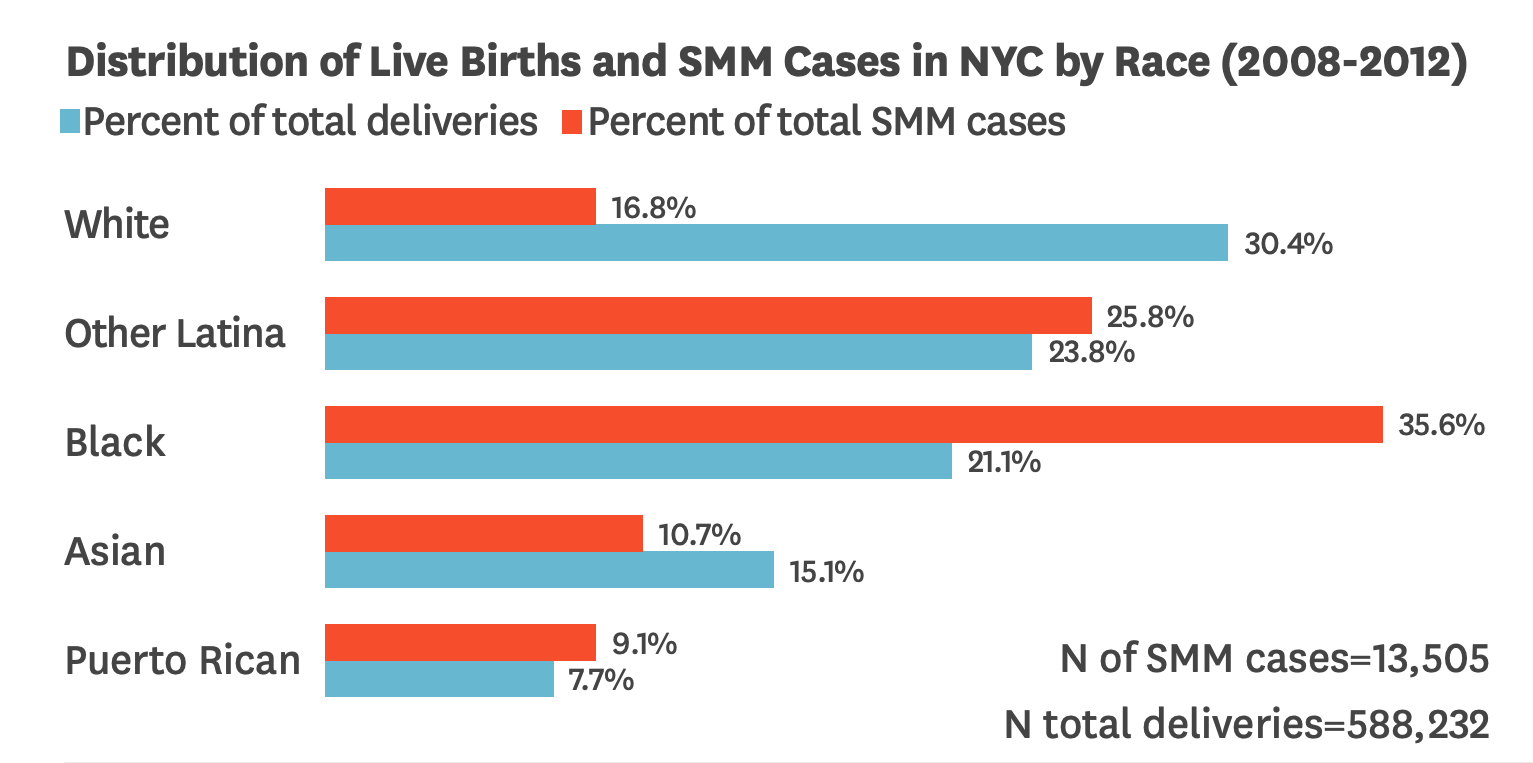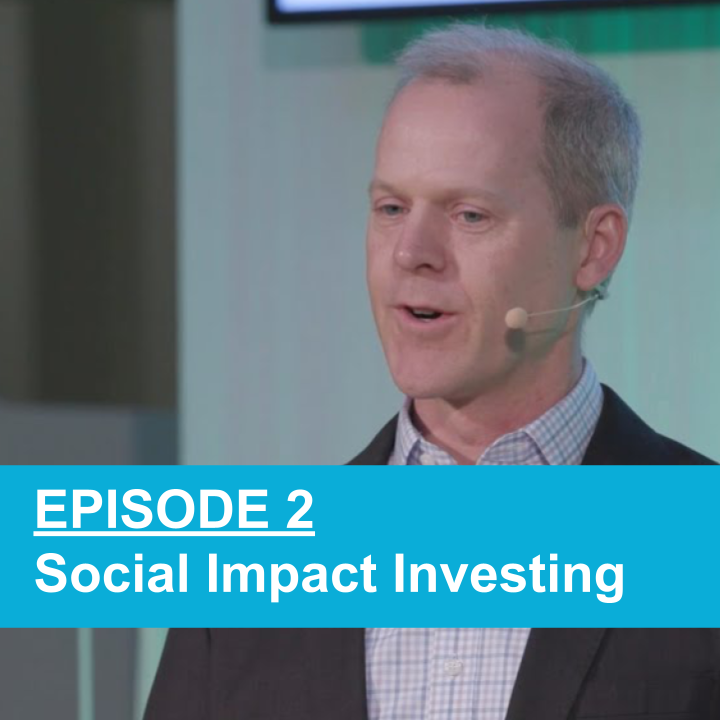Episode recorded in Fall 2023
NEW YORK (MARCH 22, 2024) — Rodney Bell, co-founder of Sanitas Health, shed light on the innovative approach his platform is taking to address the critical issue of mental health care access in a recent conversation with host W. Michael Short, Managing Director of Firefly Innovations, the premier public health entrepreneurship platform of CUNY SPH. Sanitas Health, founded 18 months ago, aims to serve underserved and underrepresented populations, recognizing the significant challenges many face in accessing adequate mental health services.
Bell's inspiration for Sanitas Health came from personal experiences and observations of the struggles faced by his co-founder's twin daughters, who despite their resources, found it challenging to navigate the mental healthcare system. This realization led to the development of a platform that prioritizes access and equity, offering solutions tailored to the needs of diverse communities.
Central to Sanitas Health's approach is the concept of "therapy last versus therapy first." By leveraging technology, including artificial intelligence and natural language processing, Sanitas Health aims to provide greater access to mental health assistance through virtual peer-to-peer support groups, text-based coaching, and one-on-one teletherapy sessions.
Moreover, Bell emphasizes the importance of partnerships with nonprofit organizations, universities, and healthcare systems to drive systemic change and accelerate the rollout of Sanitas Health's platform. By collaborating with institutions like Johns Hopkins University and University of California, Sanitas Health aims to foster a paradigm shift in mental healthcare delivery.
What sets Sanitas Health apart is its commitment to privacy and security, ensuring HIPAA and high trust compliance while utilizing cutting-edge technologies like Amazon Health Lake for secure data storage.
The mantra of Sanitas Health is health equity. In a country abundant with resources, it is imperative to create better access to mental healthcare for all, especially those who are underrepresented and disadvantaged.


